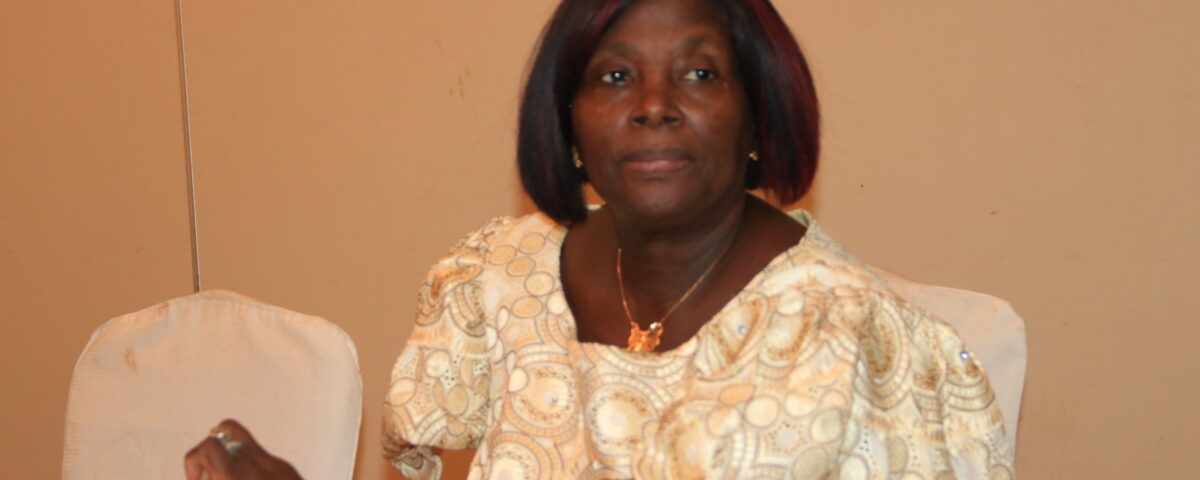Madam Hannah Forster, Executive Director of the African Centre for Democracy and Human Rights Studies (ACDHRS), delivered an insightful presentation on the pivotal role Civil Society Organizations (CSOs) play in promoting democracy and defending human rights across Africa. She underscored the high regard in which the African Commission on Human and Peoples’ Rights (ACHPR) holds CSOs due to their significant contributions to these efforts.
The Role of Civil Society Organizations
Madam Forster emphasized the intersection of CSOs with the ACHPR, noting that “civil society” and “non-governmental organizations (NGOs)” are often used interchangeably. Both entities serve similar functions in advancing human rights advocacy, despite some distinctions. She outlined the partnership framework between the African Commission and NGOs, highlighting that NGOs are not required to have observer status to submit alternative reports. This is facilitated by Rule 72 of the ACHPR, which allows NGOs to consult with commissioners and participate in the reporting process.
Observer Status and Engagement
Currently, over 550 NGOs from 47 countries hold observer status with the ACHPR, representing nearly 90% of Africa. This status enhances interaction and collaboration between the Commission and NGOs. Madam Forster pointed out that there are 16 thematic areas covered by these partnerships, including a newly added focus on the independence of lawyers.
She discussed the benefits of obtaining observer status, which includes improved engagement with the Commission. However, she noted gaps in consistency regarding report submissions; CSOs are expected to send reports every two years regardless of their status. Additionally, she highlighted that NGOs have a crucial obligation to remind states to submit their reports to the ACHPR, ensuring accountability.
Case Study: The NGO Forum
Madam Forster shared insights from the NGO Forum organized by ACDHRS, which serves as a platform for NGOs to unite, share concerns, and raise pressing human rights issues. This forum fosters interaction between NGOs and the African Commission, allowing for a collaborative advocacy process where challenges can be presented, ideas exchanged, and dialogue initiated.
The Role of ACDHRS
Established in 1989 as an independent non-profit organization in Banjul, The Gambia, ACDHRS promotes the principles of the African Charter on Human and Peoples’ Rights and upholds universal human rights as outlined in the International Bill of Human Rights. Madam Forster emphasized ACDHRS’s commitment to advancing Article 25 of the Charter, which obliges states to educate citizens about their rights.
The Centre has focused on promoting, protecting, and observing human rights across Africa since its inception. It aims to strengthen its programs in research, education, and training while continuing its collaboration with the ACHPR.
Collaboration with Governments
Madam Forster stressed that while NGOs should collaborate with governments, they must maintain independence. She urged NGOs to foster collaboration at the national level while ensuring transparency in their operations. Additionally, she encouraged them to remain closely connected with the communities they serve to align their efforts with local needs.
Civil Society Organizations are integral to strengthening regional human rights mechanisms in Africa. Through advocacy, accountability measures, and collaboration with both governments and communities, CSOs play a vital role in promoting democracy and protecting human rights across the continent. Madam Forster’s presentation highlighted not only the opportunities available through engagement with the ACHPR but also the responsibilities that come with such involvement.


